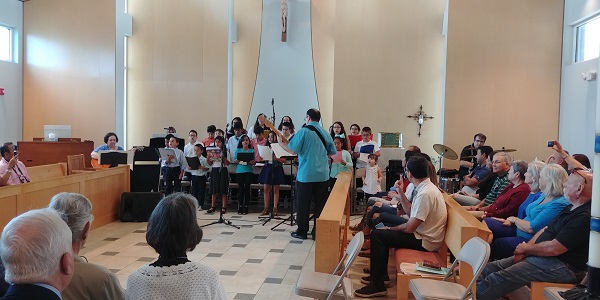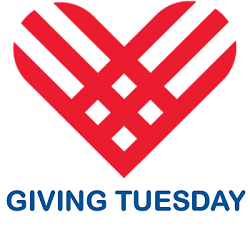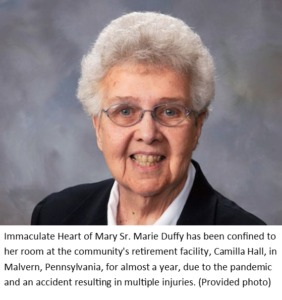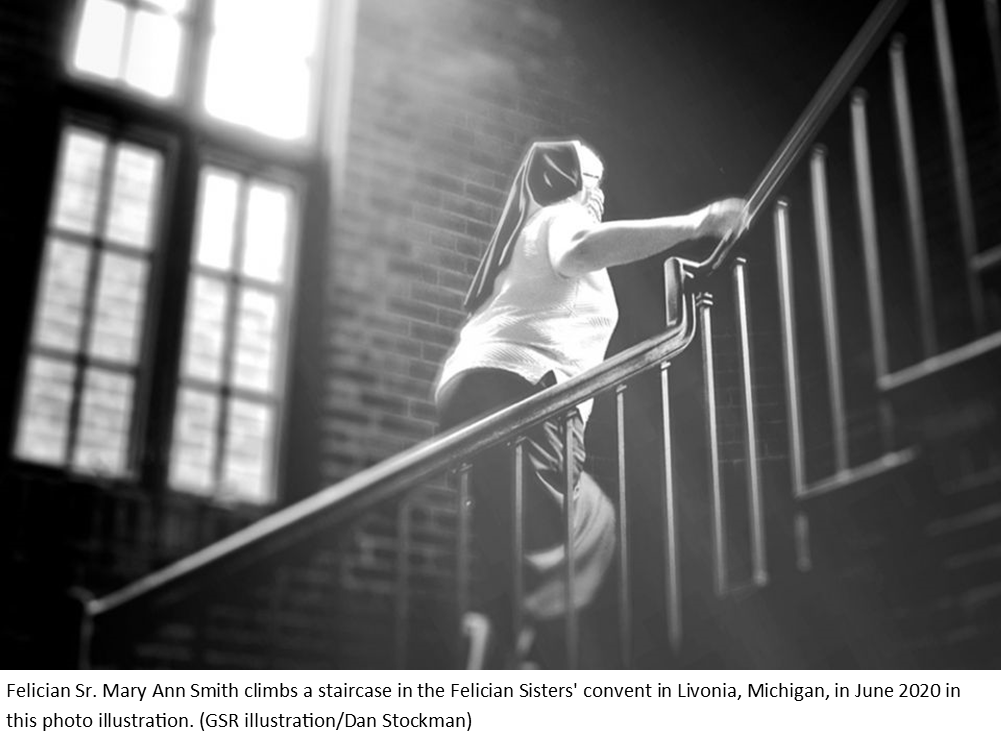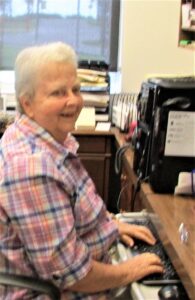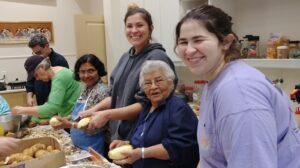Face-to-Face Fundraising for causes that do good work in our communities is rapidly changing. The pandemic continues to linger and people are not yet ready to attend big-group gatherings.
Giving Tuesday has become a world-wide phenomenon since it’s 2012 inception. Amazingly giving was up even during the Year of Covid-19. Even so, it has been sad to see that some non-profits still did not survive. That has made Giving Tuesday even more important in making more people aware of charity. The 24-hour event has also inspired younger people – not always prone to giving.
Income the Benedictine Sisters of Florida traditionally make both within the monastery and through jobs held, has been dramatically reduced since March 2020. A few of the Sisters lost jobs outside the monastery as well.
been dramatically reduced since March 2020. A few of the Sisters lost jobs outside the monastery as well.
Please consider being an Ambassador, sharing our story and encouraging your friends and and family to join you in donating on Giving Tuesday, November 30, 2021. Make it more fun and more impactful by forming your own Giving Circle (email Faith Pridmore to learn how easy it is)! hnmdevelopment@saintleo.edu
The “How to” on GivingTuesday:
1. Donate by Mail:
- Send a check payable to Benedictine Sisters of Florida postmarked by Nov. 30th
- PO Box 2450, St. Leo, FL 33574-2450
2. Donate Online:
- Go to our website: benedictinesistersoffl.org
- Click on the “Donate Now” button at the top of the page
- Fill-in the form and designate your donation for “Giving Tuesday”
Continue Reading

